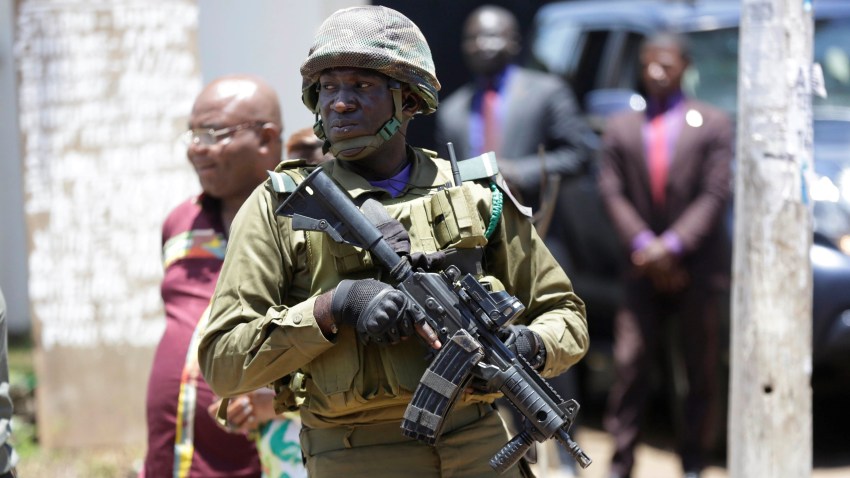Since 2017, Cameroon has been engulfed in a bloody civil war that has claimed more than 6,000 lives, forced more than 1 million people to flee their homes and left nearly 4 million people dependent on humanitarian assistance. Diplomatic efforts to resolve the conflict have repeatedly failed, most recently in January, when a Canada-backed initiative was aborted before it even got off the ground. Now divisions among the armed separatist movement fighting the government risk escalating the conflict, raising further obstacles to reaching peace.
The conflict has its origins in protests that began in 2016 over language-based grievances in the Anglophone North-West and South-West regions of the majority-Francophone country. Led by lawyers, students and teachers, the demonstrations sought to block a new measure that imposed French-speaking teachers and judges in Anglophone schools and courts, while also calling attention to the broader marginalization of Cameroon’s Anglophone population, which constitutes roughly 17 percent of the country’s inhabitants.
After authorities brutally repressed the peaceful protests, a previously existing separatist movement radicalized and began to launch attacks against government forces the following year. In October 2017, Anglophone secessionist groups declared the creation of an independent Federal Republic of Ambazonia, with the Ambazonia Governing Council at its head. The following month, the Cameroonian government declared war on the secessionists and deployed soldiers to the Anglophone regions to crush them.

